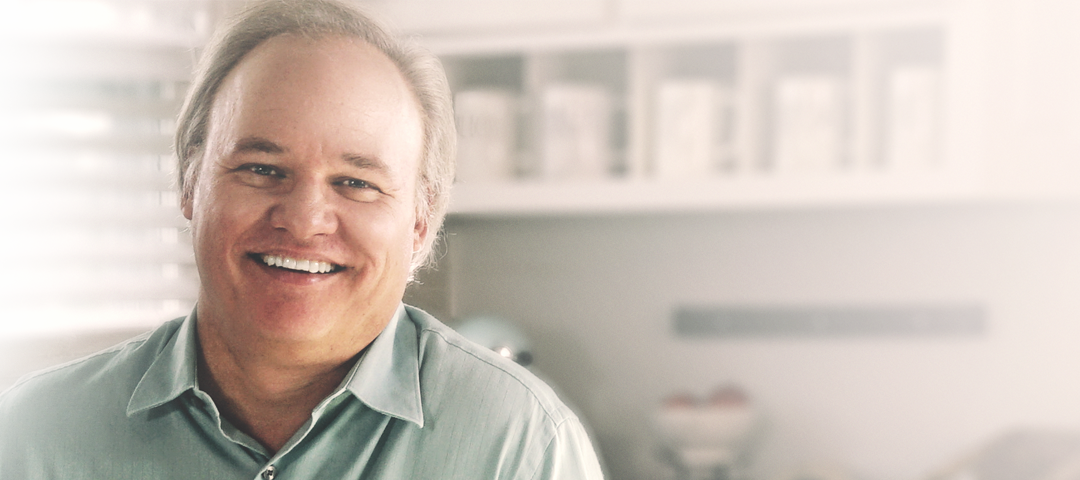Shalom everyone.
And even now the ax is laid to the root of the trees. Therefore every tree which does not bear good fruit is cut down and thrown into the fire. (Matthew 3:10)
This past Shabbat I shared with the congregation at Jacob’s Tent my brief experience with growing peach trees — or shall I say my experience with trying to grow peach trees. I readily admit that, at the time, I knew nothing about it other than how to dig a hole and put the trees in the ground. Other than watering them, and an occasional sprinkling of fertilizer, I really thought that was all there was to it. In fact, my trees started growing like crazy, shooting up into the air in no time. It wasn’t any more than a couple of seasons before they topped out at 12′-15′ high. Frankly, I thought it was going quite well until I started noticing that the fruit was quite sparse.
Somewhere in this process, I had opportunity to visit with a friend in California who happened to know quite a bit about growing, including peach trees. I immediately noticed how much shorter, and how much fuller, his trees were compared to mine. It was then that I learned the value of pruning and what it means for the production of fruit. I had witnessed a lot of growth in my trees but the rapid growth was not producing much fruit. When I returned home, as painful as it was to lop off several feet of new growth, I cut my trees down to a better size. Sure enough, the next season I saw fuller trees with much more fruit. So what am I getting at?
If you’ve been in the faith for any length of time then you know that, as believers, we are likened to plants, vines and trees. Consequently, growing, producing fruit and pruning is part of our journey whether an individual or a congregation. So let’s consider what I just shared about my trees in relation to our lives. First of all, growth that shoots up quickly and looms high and lofty above other trees really isn’t serving the goal — its the fruit that matters. In reality, whether it’s an olive tree, a fig tree or a peach tree, if it’s not producing its respective fruit, — and good fruit at that — then it really isn’t serving its purpose; its just taking up space.
Maybe this particular tree produces a fair amount of fruit but most is growing at the top — fifteen feet in the air. That’s not good either because it’s out of reach for those who are hungry. The point is, there needs to be an abundance of fruit and it should be within the reach of those who are in need of it. According to Messiah, producing an abundance of fruit is how we bring glory unto the Father (John 15:8). Making certain the fruit is easily accessible to others is how we fulfill our mandate to make disciples of all nations. So that this goal may be accomplished, there are times when it is necessary for the tree — the individual or the congregation — to be pruned. Painful though it may be, it is necessary if growth is to continue and mature fruit is to appear.
That thought prompts this one: what about the growth that is cut away? Was it for no purpose at all? Strange as it may sound, I believe the vows of the Nazirite may shed some light on this issue. Among other prohibitions required of the Nazirite, the person was not allowed to cut their hair for the duration of their vow. The hair on their head was regarded as consecrated as well as evidence of their commitment to God. When their vow ended, they were to appear before the priest and, along with other requirements, shave their head and place the locks of hair in the fire that burned upon the altar. They had to do this because the hair — or if you’ll allow me, the growth — was considered as holy.
All the growth that occurred during the vow served a purpose — it was an indication the person was dedicated to the LORD. Once it was “pruned,” it was not cast aside as if it was nothing; it was burned upon the altar along with the other gifts. So then, all the growth we experience serves a purpose, dare I say, a holy purpose. At the same time, if we are to continue growing and producing more mature fruit, there must be pruning. When that comes, don’t assume that which is cut away was useless and without value — somehow, someway it served a purpose. It’s just that the season in which it grew has ended and another season has begun — one that will leader to even greater growth.
Nevertheless, I think it’s fair to say that it goes against our natural instinct to cut and remove branches from a thriving plant. There is just something about it that pains me every time I do it. Likewise, it is painful to consider that years of growth and experiences might be cut out of our life. Still Yeshua said, “Every branch in Me that … bears fruit He prunes, that it may bear more fruit” (John 15:2). In short, if we are going to serve our purpose, pruning is a must and a certainty. And as it was pointed out to me by my friend, Mark McLendon, pruning may be painful but the alternative is for the ax to be laid to the root and the tree removed altogether. So I guess it comes down to this: it is better to be pruned than to be uprooted.
Blessings and Shalom,
Bill & Beth


Recent Comments